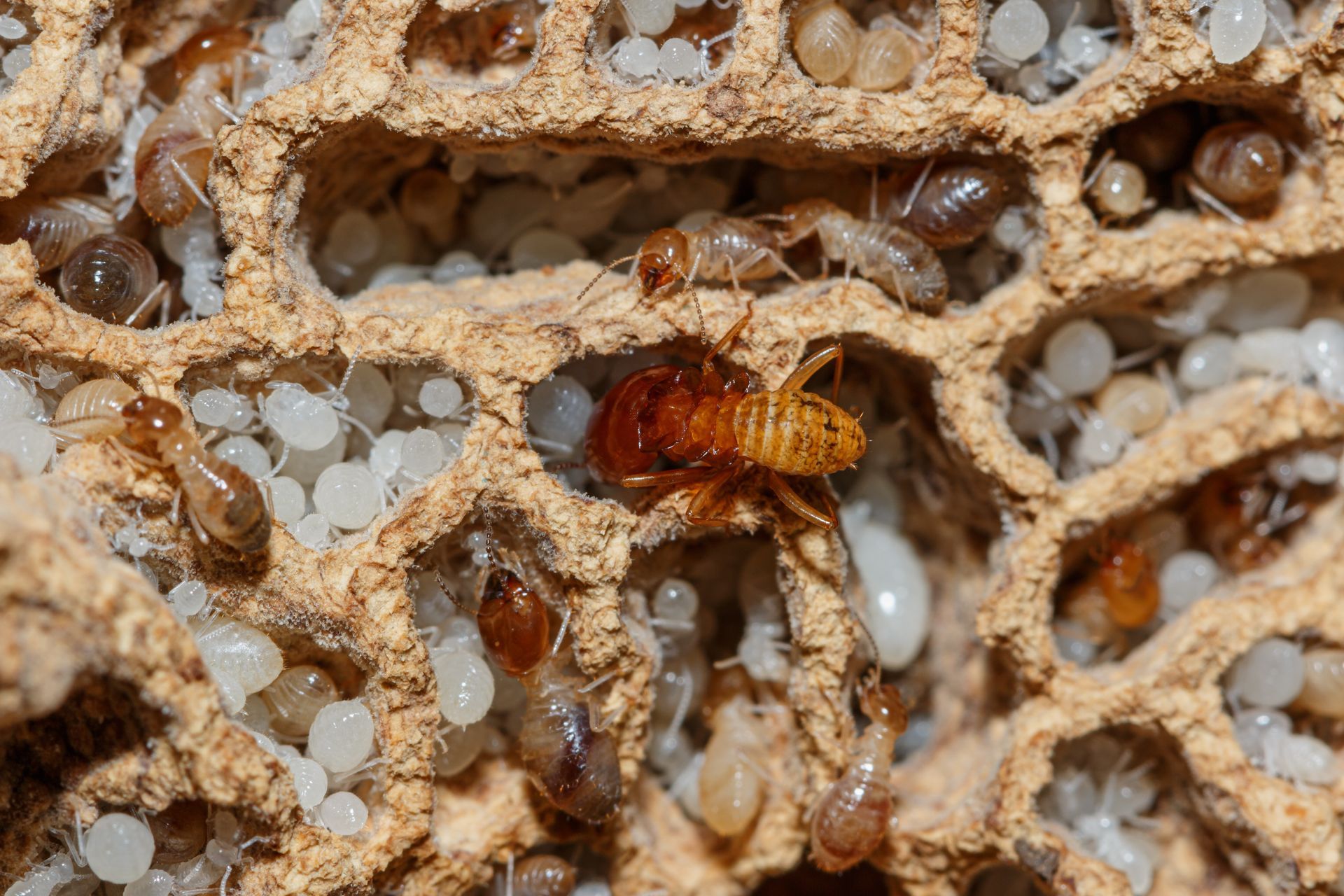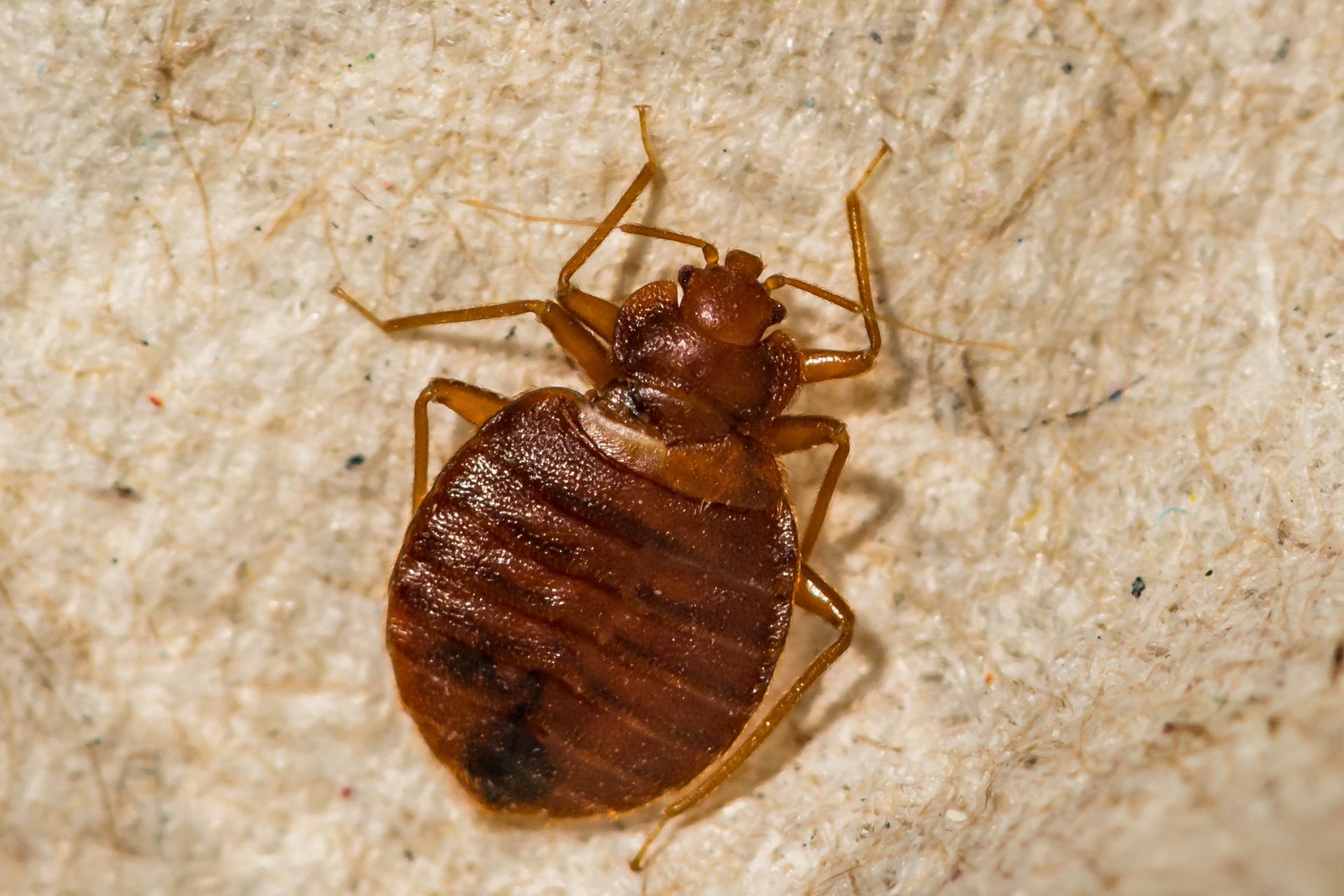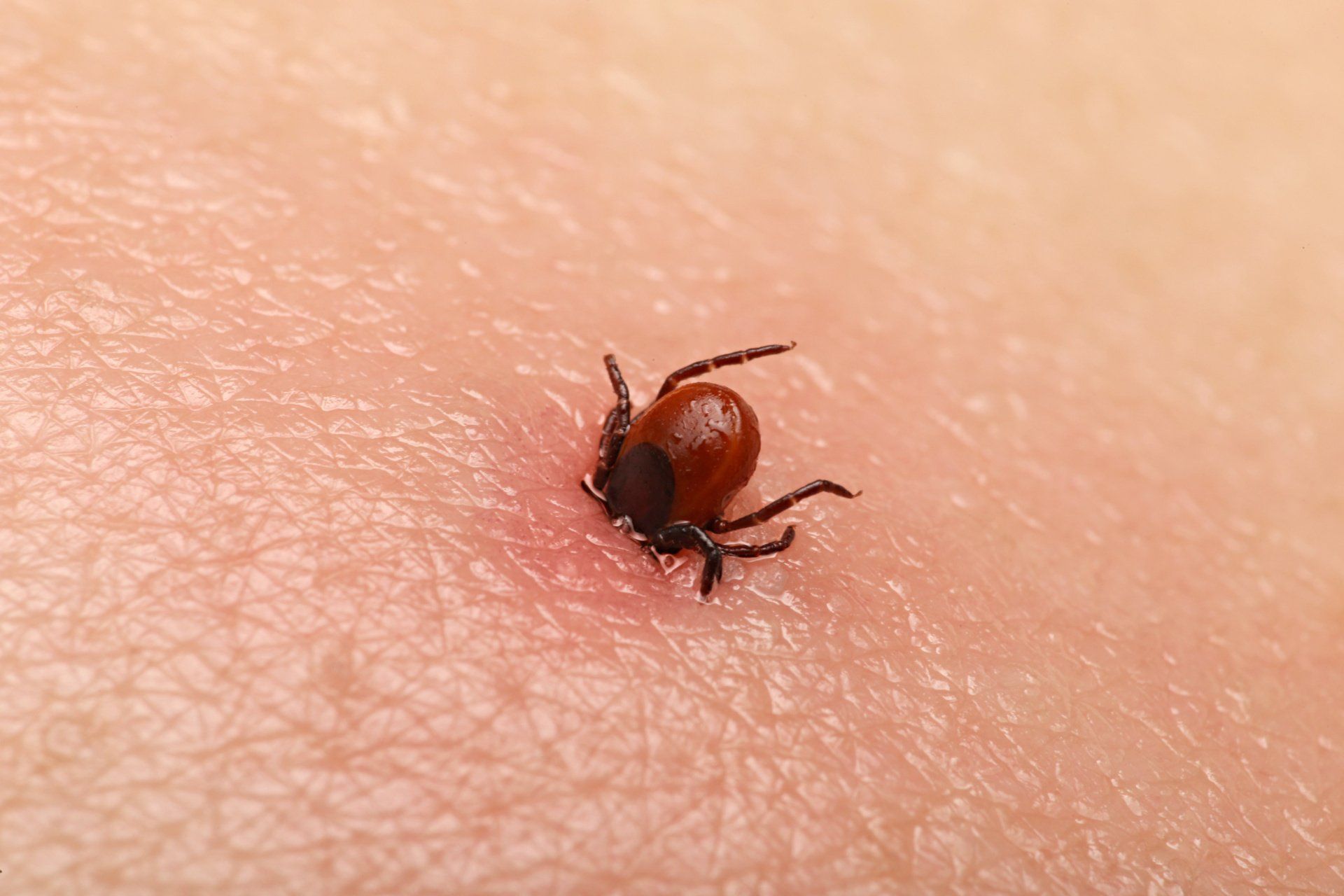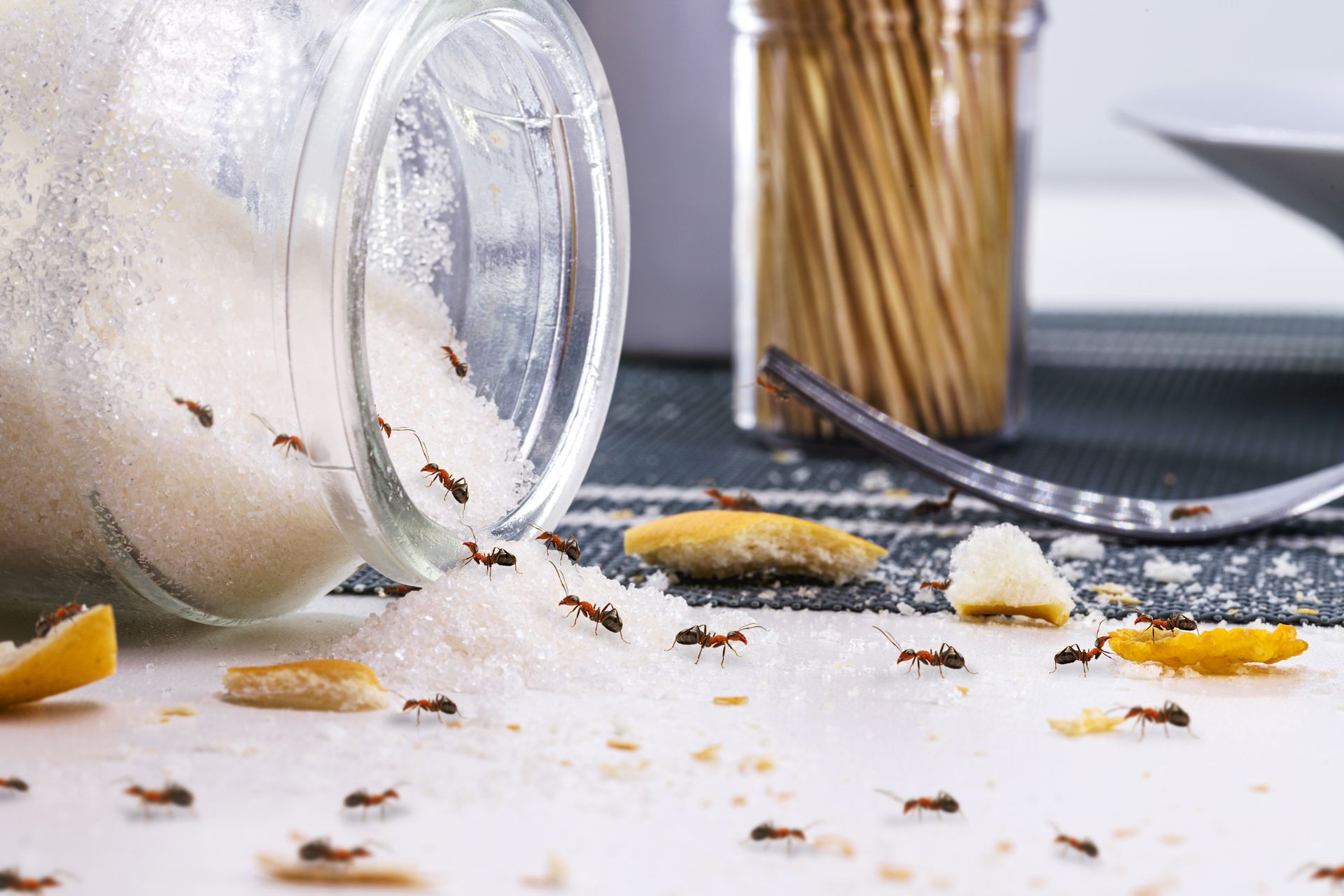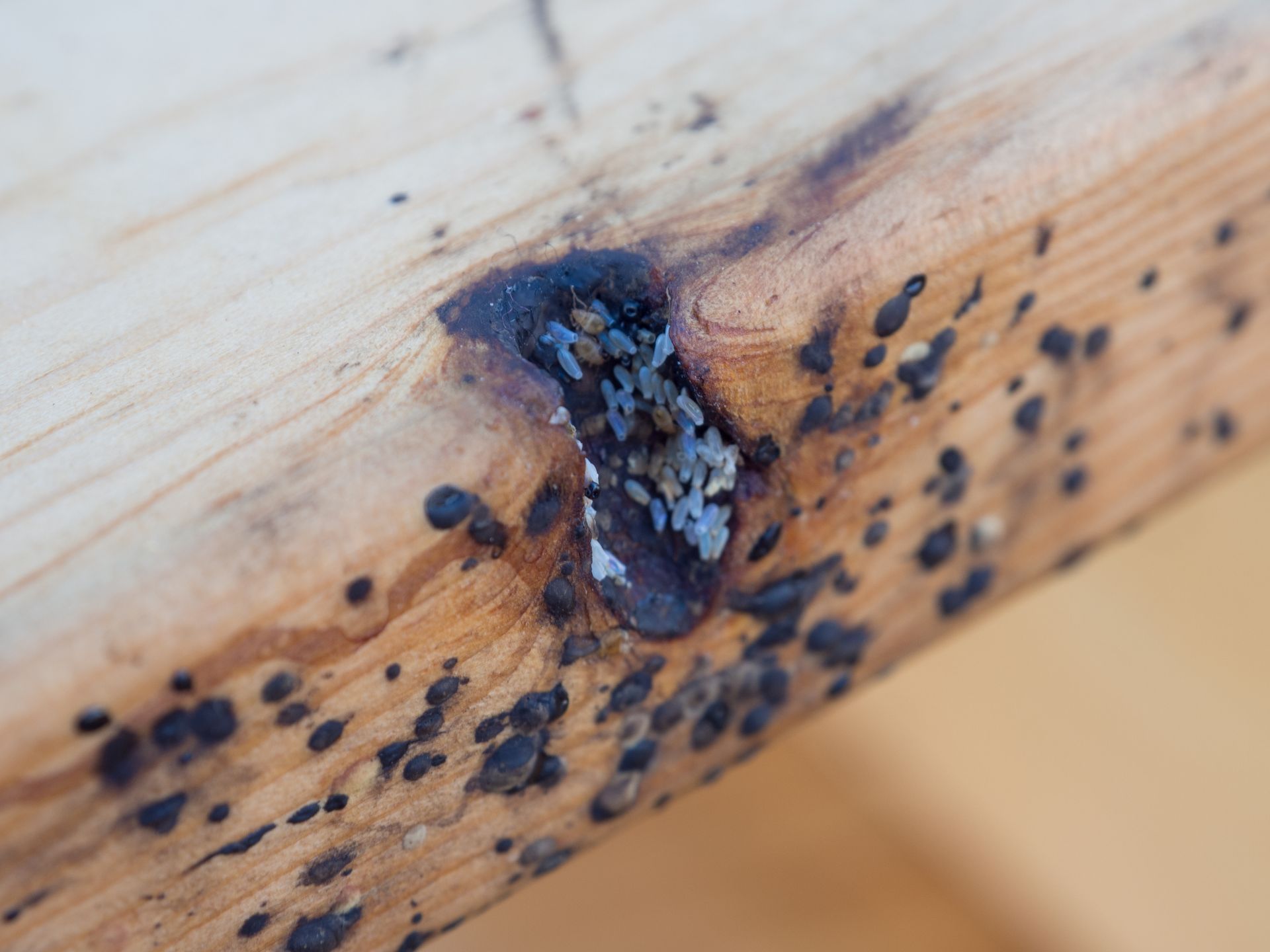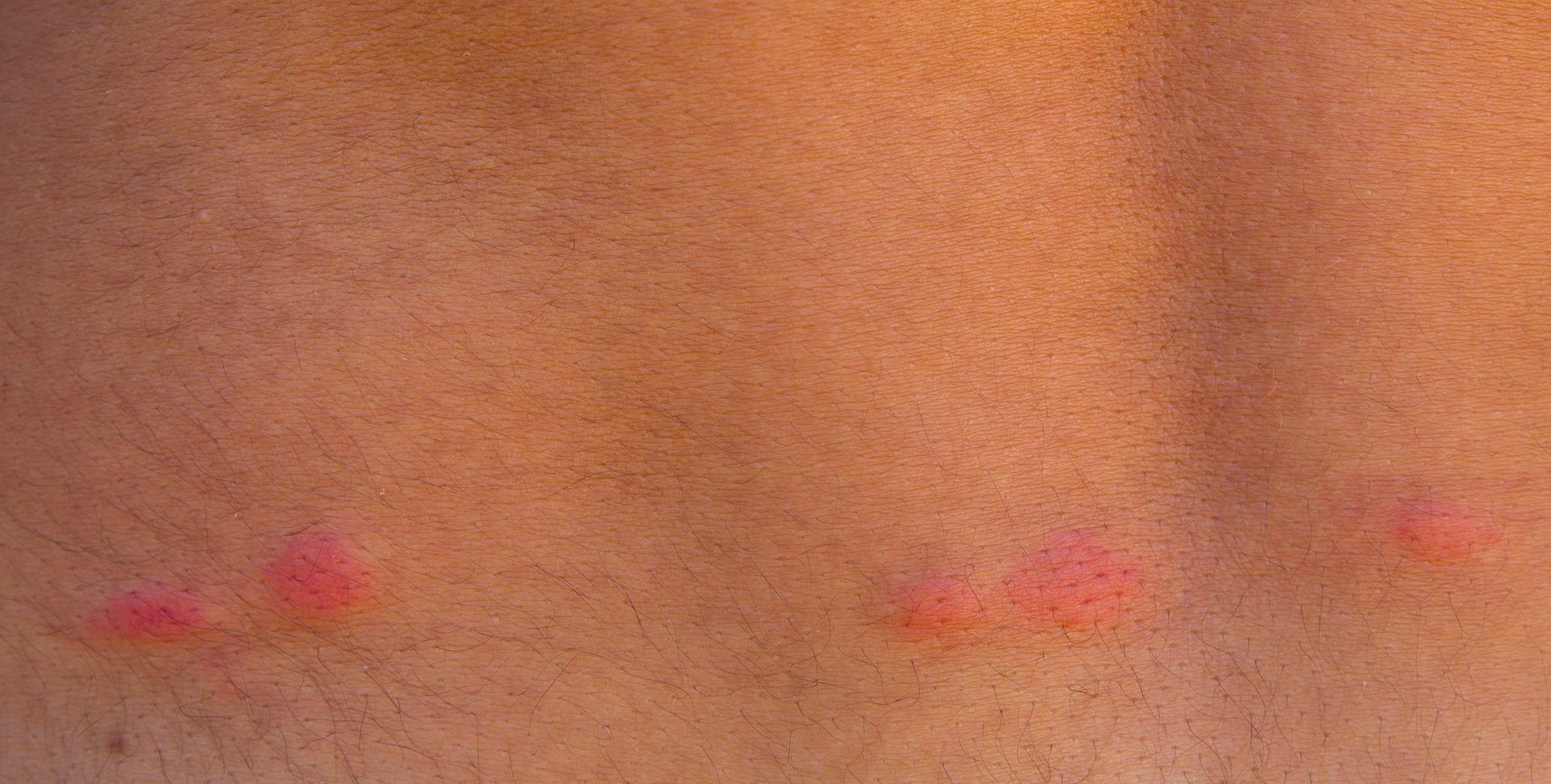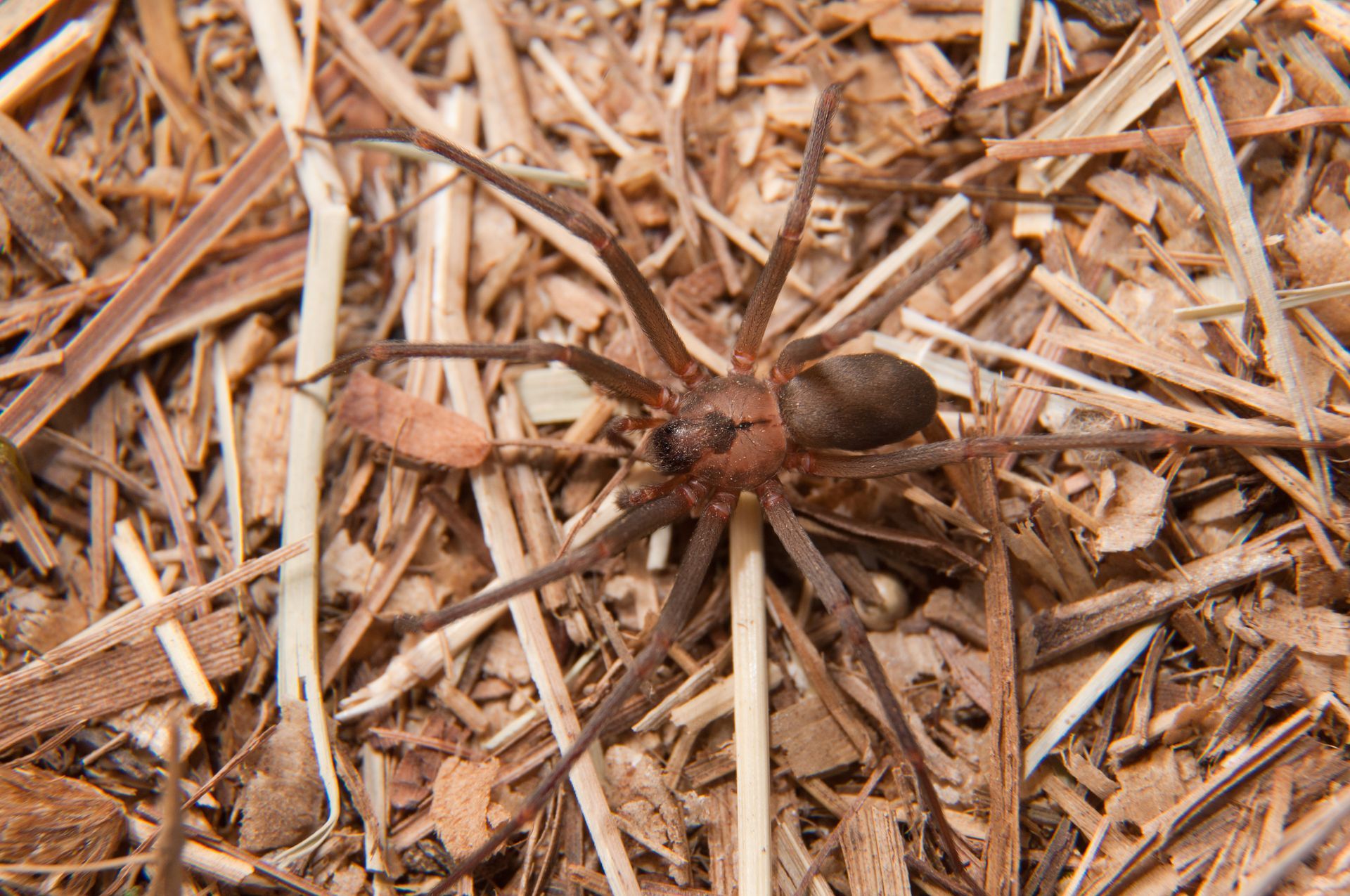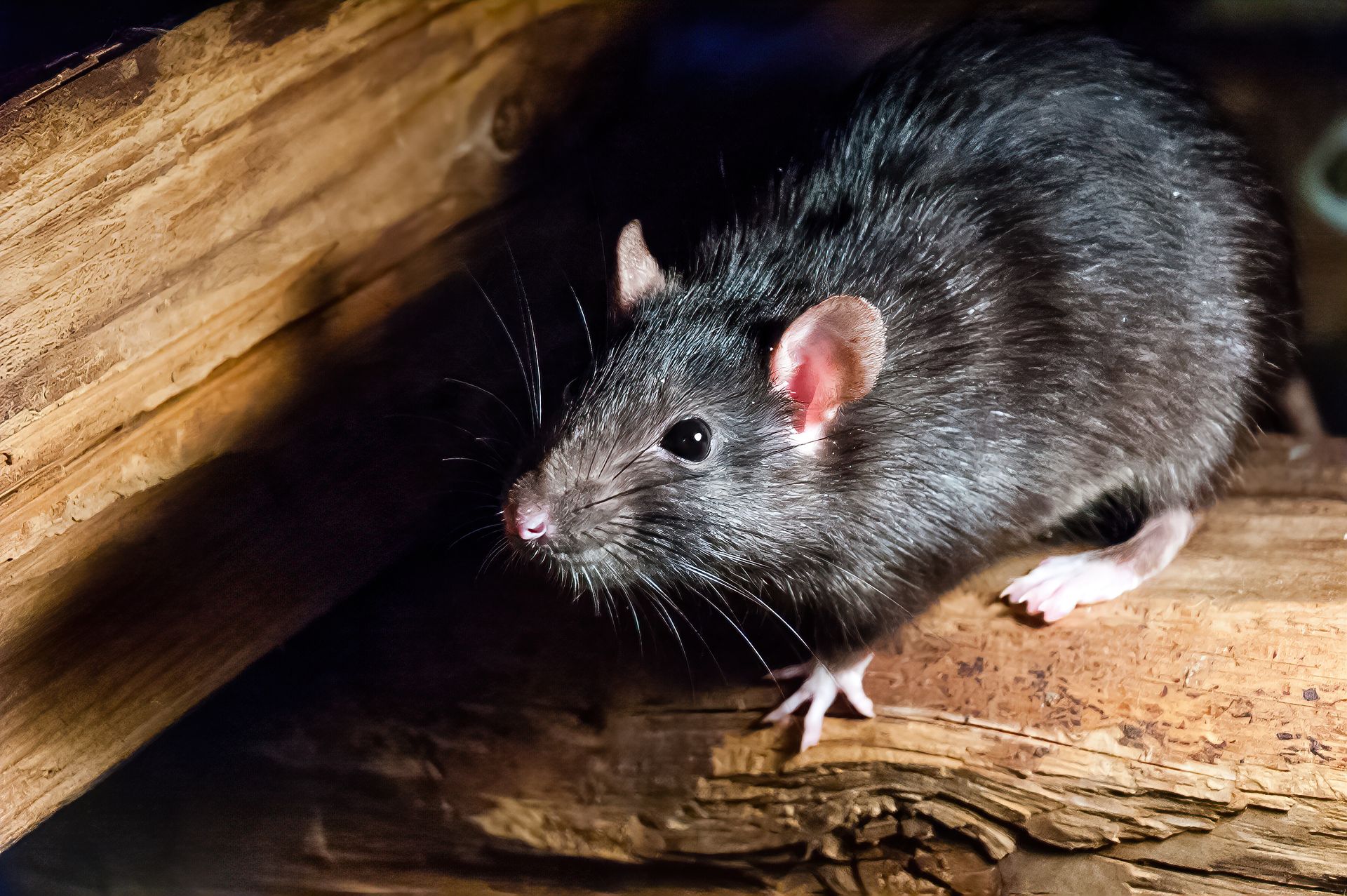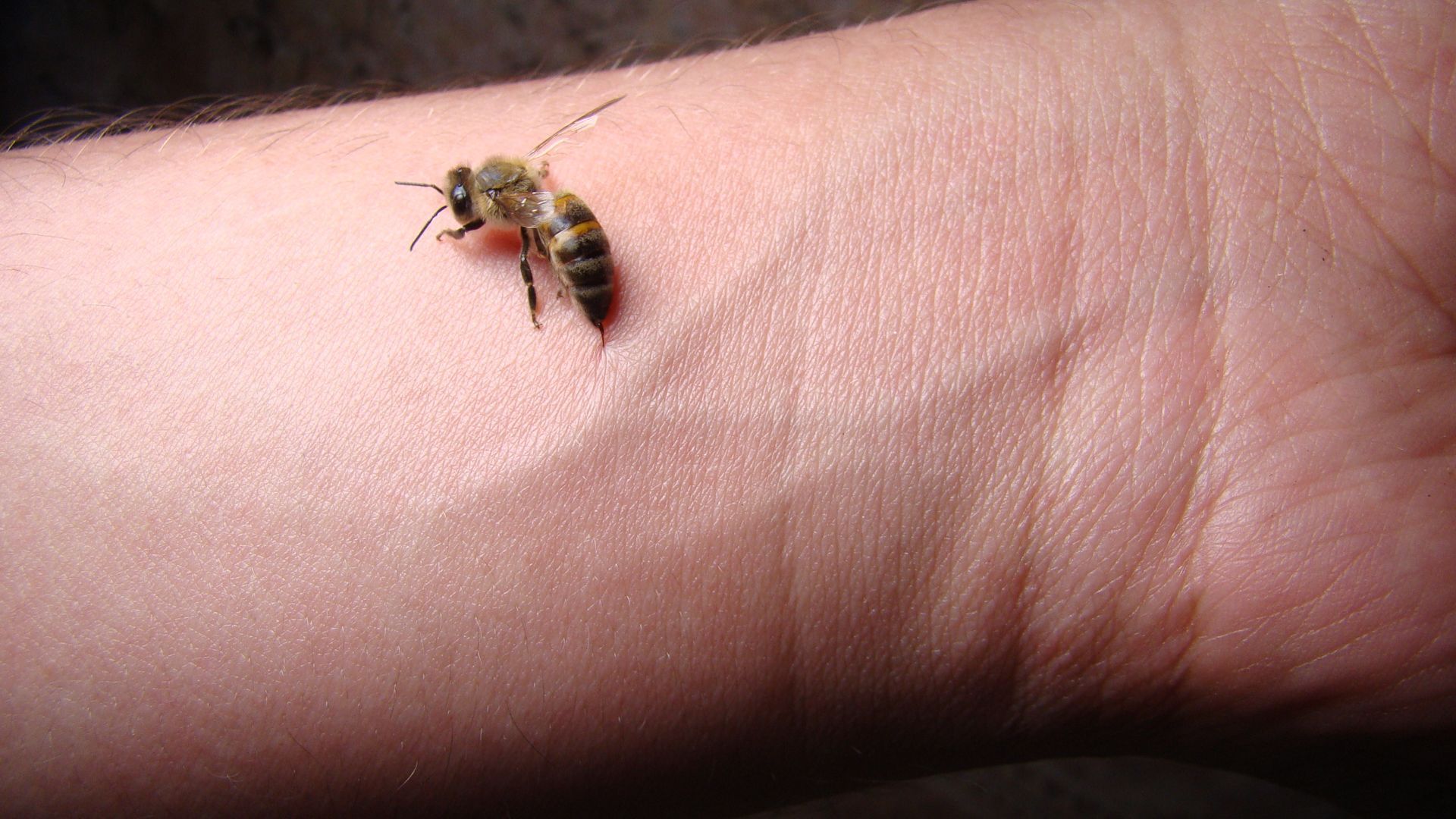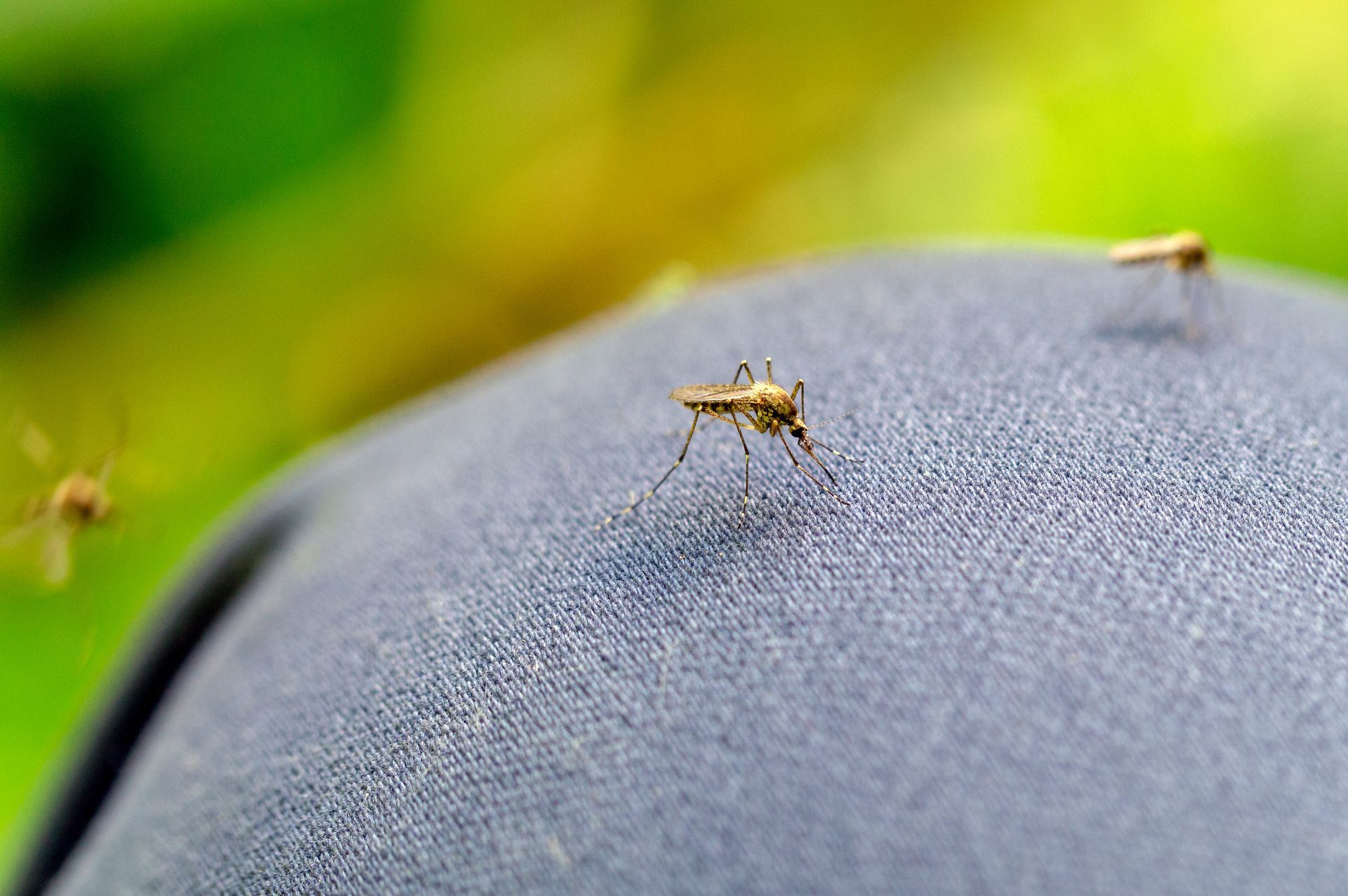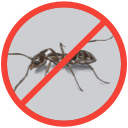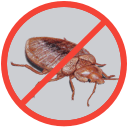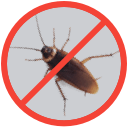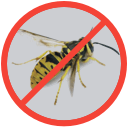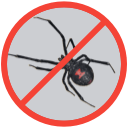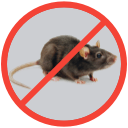What Are Mosquitoes?
What is a Mosquito?
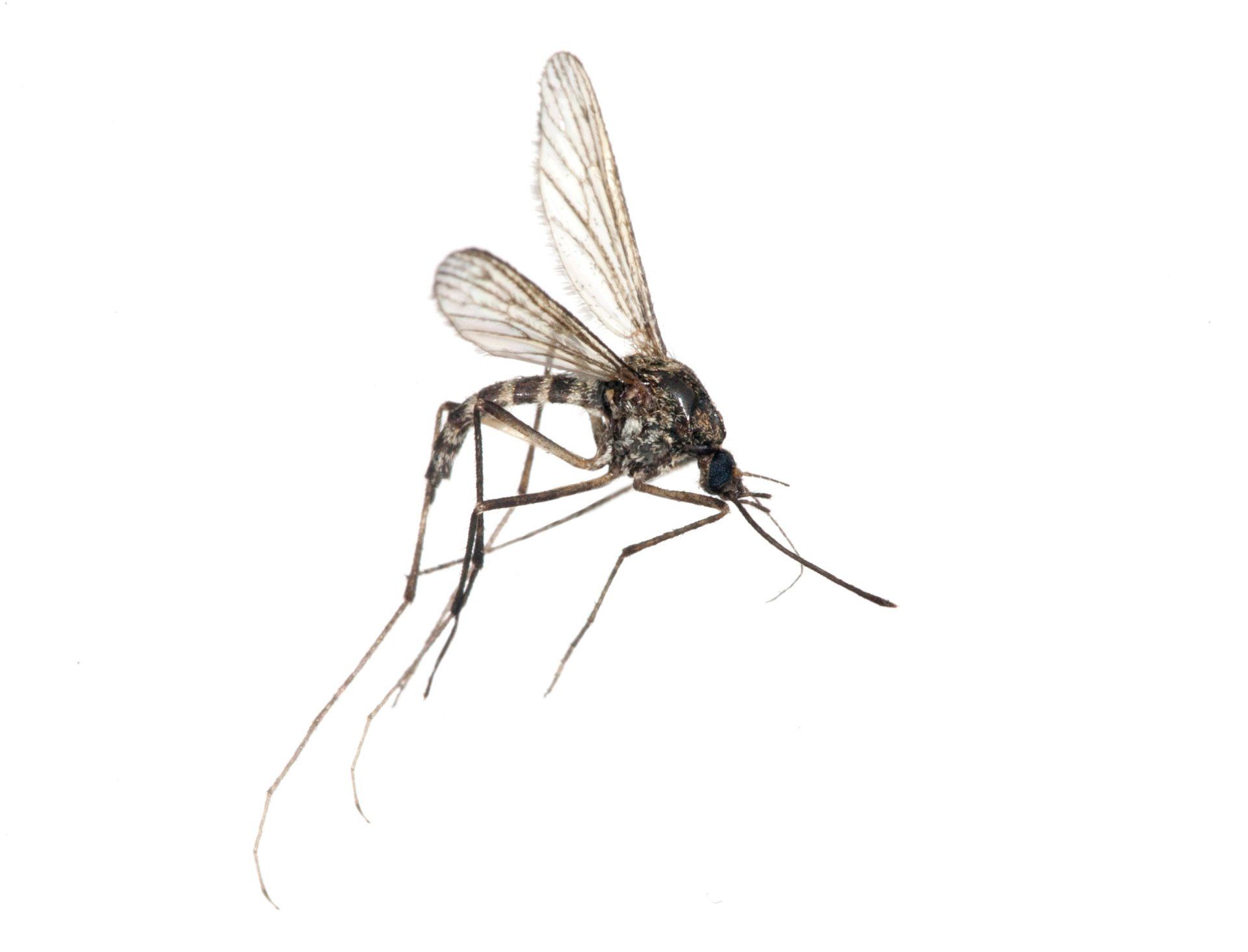
Mosquitoes are a flying insect that are found all over the world but are most prevalent in warmer, humid climates. They are the deadliest animal on the planet and are responsible for more deaths than any insect in the world. This is because they feed on the blood of humans and animals which spreads serious diseases that are transmitted through their saliva when they bite their prey. Over 3,500 species of mosquitoes exist globally but not all mosquitoes spread disease. Mosquitoes need to bite an infected host in order to spread disease otherwise most mosquitoes are simply nuisance pests that cause red itchy welts when they bite.
Mosquito Classification
Mosquitoes are classified as invertebrate insects that are part of the Culicidae family. This is the same family as gnats and other small flying insects. The sex of the mosquito determines the type of food they eat. Females are notorious for feeding on the blood of humans and animals because they need the proteins found in blood to produce eggs. Males feed on nectar are will generally look for flowers to feed on.
Are Mosquitoes Animals or Insects or Parasites?
Mosquitoes are technically both animals and insects. Insects are a large class within the animal kingdom so it can be argued that mosquitoes are the deadliest animal on the planet. That being said, it is hard to describe mosquitoes as parasites because parasites are creatures that live on or inside a host. Mosquitoes simply feed on the blood of their prey without needing to live on them like fleas or ticks.
Mosquito Anatomy
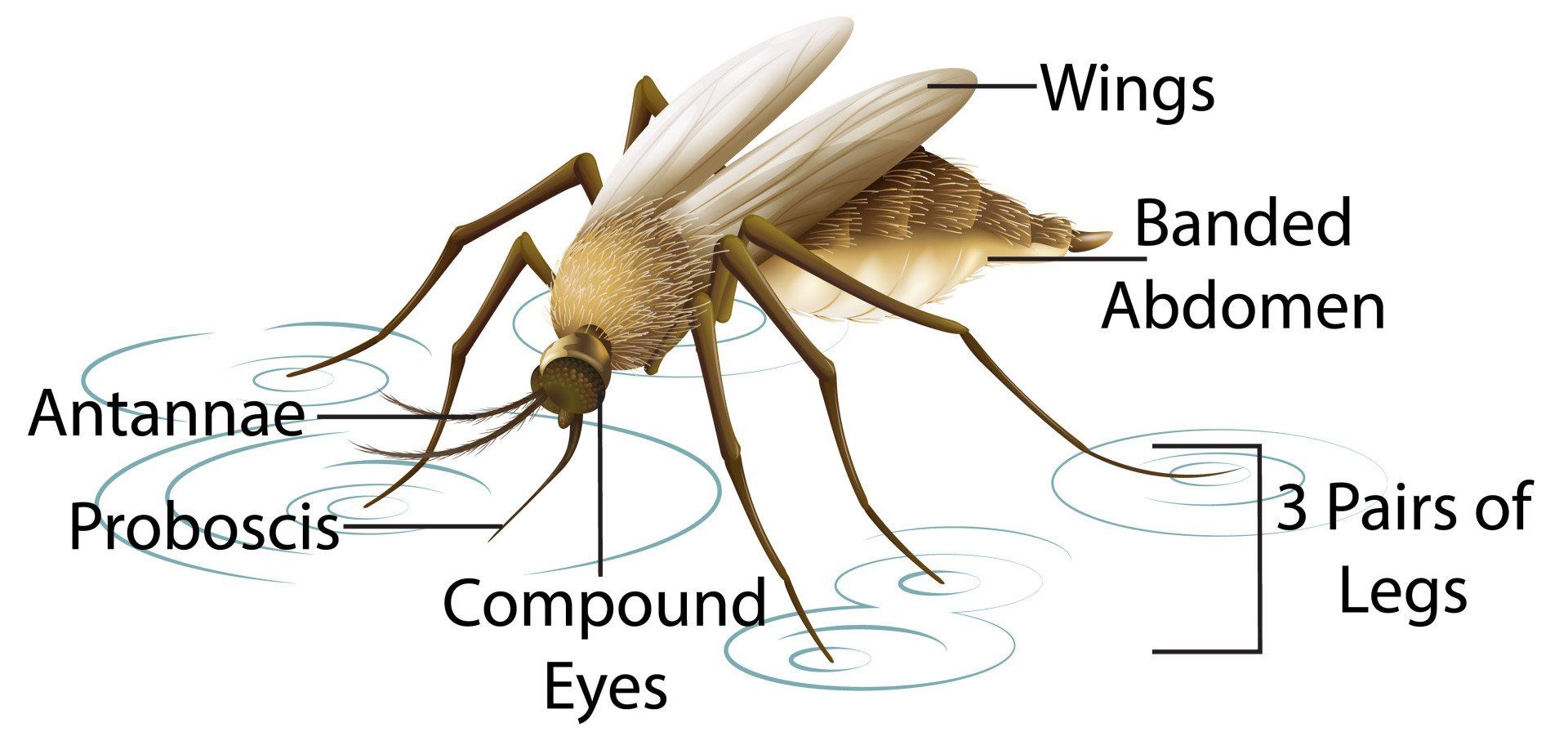
A mosquito is broken down into 3 primary parts: the head, thorax, and abdomen.
The head is made up of the sensory organs that the mosquito uses to see, smell, hunt, and eat.
- Antennae: These long sensory organs help the mosquito detect the presence of CO2 in the atmosphere and the direction and strength of the wind.
- Eyes: These compound eyes do not provide the best vision but help detect movement, shadows, and can even see thermal input.
- Palps: This organ acts as a mosquito’s nose and can help detect the smell of different odors like pheromones and chemicals released in their prey’s sweat.
- Proboscis: This straw like tube is used to stab and inject their prey with enzymes that assist in feeding.
The thorax attached the head to the abdomen and is also where the wings and legs connect to the body.
- Halter: This organ connects the wings to the body and are functionally used to help steer the mosquito around obstacles and in the wind.
- Wings: These are connected to the body and move rapidly up and down to create lift allowing a mosquito to fly.
- Legs: Mosquitoes use their six legs that contain the femur, tibia, and tarsus to stand and walk on surfaces including water.
The abdomen is the largest part of the body which contains many of the internal organs that the mosquito needs to survive.
- Stomach: Once a mosquito has fed, the stomach will become engorged with blood. This section will be visibly red after feeding because the surface is stretched so thin it becomes semitransparent.
- Genitalia: This is the part of the female anatomy that will release up to a hundred eggs in standing water.
- Respiratory system: Inside of the mosquito is a primitive respiratory system that allows the mosquito to breath in and smell external inputs like CO2 and other odors.
Facts About Mosquitoes
- Adult mosquitoes are active during mosquito season which is when temperatures are optimal for their proliferation. This tends to be between spring and fall when temperatures are not too cold.
- Feeding female mosquitoes are mostly active at sunrise and sunset when temperatures are not too hot, and the sun isn’t at its peak.
- A mosquito’s lifespan generally lasts between 2-4 weeks depending on several factors like food availability, environment, threats, and species.
- Mosquitoes have a preference for type O blood so they will target some individuals more than others.
- Mosquitoes live hidden in grass, bushes, shrubs, and trees and come out when it is time to feed.
Mosquito Diseases
Mosquitoes are notorious carriers of serious diseases that pose a threat the health and safety of human lives. Depending on what part of the planet you are in, mosquitoes can transmit several blood borne illnesses and viruses like West Nile virus, zika virus, encephalitis, malaria, dengue fever, filariasis, and yellow fever. Altogether mosquitoes cause millions of human deaths each year and are one of the largest problems when it comes to fighting infectious diseases around the world. While there are over 3,000 species of mosquitoes globally, three are primarily responsible for the spread of diseases. Anopheles mosquitoes, Aedes mosquitoes, and Culex mosquitoes are the species that are known vectors of disease.
What Are Mosquitoes Good For?
It is hard to believe that these deadly bugs serve a purpose within the ecosystems that they live in, but they are a primary food source for many bugs and animals. Mosquitoes may feed on humans and other animals, but they are a basic block of the food chain providing sustenance for everything from other bugs like dragonflies and spiders. These bugs then become food for larger animals like lizards, frogs, birds, and rodents. Mosquitoes can even feed larger animals like bats that can catch them in midair and fish who feed on their eggs and mosquito larvae.
What are Mosquitoes Attracted To?
Mosquitoes are carnivorous insects and like other carnivorous insects, they have to hunt for their prey. Their prey just happens to be any warm-blooded animal including people. To track their prey, mosquitoes use their sensory organs to detect signals that alert them to the presence of different things in the air like the carbon dioxide animals release when breathing or the smell of certain pheromones in the air. For humans that sweat, mosquitoes can detect trace amounts of lactic acid in our sweat that attracts them to us. In addition, mosquitoes are also drawn to body heat and can sense the increase in temperature that a warm-blooded animal produces. They can also detect certain smells and odors that our bodies release depending on the food we eat. Studies have shown that mosquitoes are attracted to individuals that drink beer due to the smell of yeast that our bodies produce after drinking. There are several other things that mosquitoes are attracted to like bodies of water where females can lay their eggs and dense foliage where they can hide, but they will always be drawn to where their food sources are found.
Mosquito Bites
Mosquitoes are blood sucking pests that use the different attractants to find their prey. Once female mosquitoes find their dinner, they use their straw like proboscis to inject an enzyme that acts as an anesthetic and anticoagulant and then they proceed to suck blood until they have engorged themselves. They require a healthy amount of blood to secure the proteins necessary for egg production. This allows them to continue the life cycle of the next generation of mosquitoes. While this is necessary for mosquitoes to proliferate, these mosquito bites end up as itchy, red welts that are the result of a minor allergic reaction to the enzyme they inject.
Mosquito Life Cycle & Life Span
Like many other flying insects, mosquitoes go through 4 phases of their life cycle: the egg, larvae, pupae, and adult. The mosquito life cycle starts when a female mosquito lays her eggs in a pool of water. Mosquitoes spend about 75% of their lives as aquatic creatures as they develop through the first 3 phases of their life cycle. Each phase generally last between 1 – 2 weeks and depends on the conditions of their environment. Once they pass the pupae stage an adult mosquito emerges and flies off to find a source of food. At this point, females are capable of starting the cycle again and will search out its first blood meal so they can start producing eggs.
How to Get Rid of Mosquitos
Getting rid of mosquitoes can be a difficult task because mosquitoes are hard to find, and their food sources are typically humans and animals. Where humans go, mosquitoes are usually found nearby so it is difficult to eliminate their food supply. The best way to treat for mosquitoes is to use an integrated pest management approach that combines the effectiveness of several different treatment strategies to maximize the likelihood of exterminating mosquito populations. This approach includes using habitat modification to remove standing water, removing debris and foliage that mosquitoes use to hide, pesticide applications that treat dense foliage, and the implementation of mosquito specific bug zappers that attract mosquitoes by releasing carbon dioxide.
Call EcoGuard Pest Management for Mosquito Control
To effectively treat for mosquitoes, hiring professional exterminators is recommended. This is because mosquito treatment requires ongoing control and maintenance. This helps ensure that mosquitoes are effectively treated the first time while also ensuring that mosquito control experts return in two weeks to ensure that the next batch of mosquito eggs that hatch are treated as well. Only by disrupting the life cycle of mosquitoes can their populations be brought under control. EcoGuard Pest Management has a team of licensed and experienced mosquito control experts that can create a customized strategy designed to effectively exterminate your mosquito problem.
Mosquito FAQs
-
Is a mosquito an animal or insect?
Mosquitoes qualify as both since the insect class is part of the animal kingdom. They are known for killing millions of humans every year by spreading infectious diseases like malaria, dengue fever, encephalitis, west Nile virus, and more. These infected mosquitoes are the reason mosquitoes are the deadliest animals for humans on the planet.
-
What purpose do mosquitoes have in life?
Mosquitoes fulfill an important part of the food chain by being food for several bugs and animals that prey on them. They feed everything from dragonflies, and spiders to lizards, birds, and fish.
-
Is a mosquito a parasite or predator?
Mosquitoes are classified as carnivores that feed on blood meals. Since female mosquitoes hunt their prey, they are technically predators but males feed on nectar, so they are not. They are not classified as parasites because they do not live on or inside the animals they feed on.
-
What are mosquitoes attracted to?
Mosquitoes are attracted to many things. Some of the things they are attracted to help them continue propagating new life like bodies of standing water and dense foliage to take shelter in. Other things help them find their food, like the carbon dioxide animals release during respiration and the different pheromones and odors animals release like lactic acid.
Request A Free Estimate
We will get back to you as soon as possible
Please try again later
Immediate Service Available
Services
Customer Care
Legal
Working hours
- Mon - Sun
- -
All Rights Reserved | EcoGuard Pest Management | All Phone Calls Recorded | By Using Website You Agree To Terms Of Use



